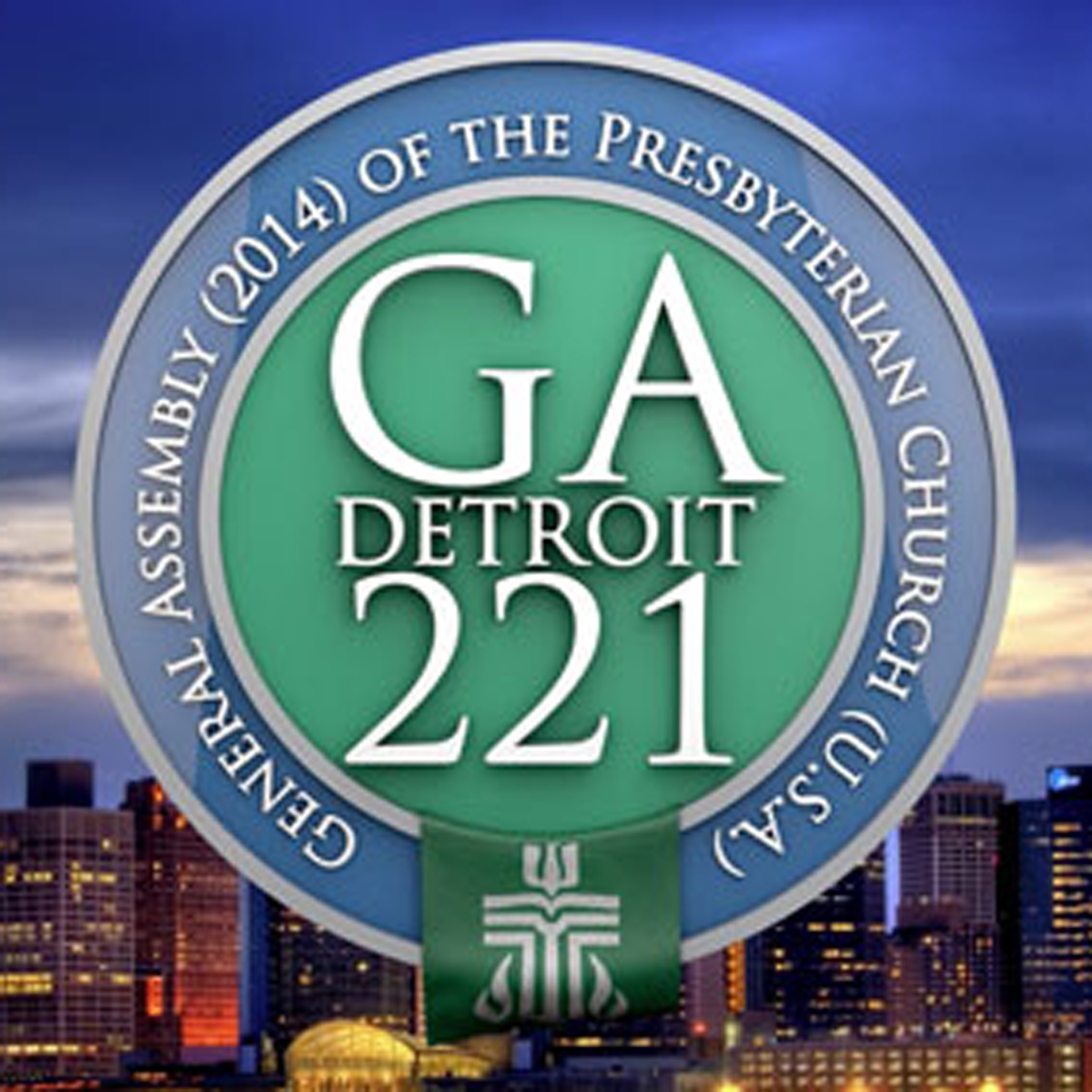Prep 4 Min
About this blog

The Rev. Timothy Cargal, Ph.D., serves as Assistant Stated Clerk for Preparation for Ministry in Mid Council Ministries of the Office of the General Assembly.
“... the Land that I Will Show You” is the blog of the Office of Preparation for Ministry of the Presbyterian Church (U.S.A.). This blog is designed to serve as a resource for those discerning and preparing for a call to the ministry of Word and Sacrament as ordained teaching elders of the church. It will also provide a place for reflecting on and dialoging about the changing context of pastoral ministry in the early 21st century.
For quick announcements about changes or developments in the preparation process, dates related to exams or other key events, discussion boards, surveys, etc., you can follow us on Facebook at “Preparing for Presbyterian Ministry.”
Recent posts
- Clarification of Evaluation Standards for the Standard Ordination Exams
- BCE Preparation Resource Released
- PCC Responds to September 2016 BCE
- PCC Letter on BCE Preparation
- Bible Content Exam Results
Categories
- Ordination Process (34)
- Ordination Exams (30)
- Ministry Context (16)
- Ordained Ministry (8)
- Bible study (2)
- View all categories →
Archives
GA Approves Preparation for Ministry Recommendations
 Last week the 221st General Assembly received the report of its Special Committee to Review the Preparation for Ministry Process and the Standard Ordination Examinations and approved all twelve of its recommendations. In doing so, the Assembly referred to the presbyteries for their consideration and action constitutional amendments to G-2.0607 and 2.0610 that would facilitate implementation of the first ten recommendations.
Last week the 221st General Assembly received the report of its Special Committee to Review the Preparation for Ministry Process and the Standard Ordination Examinations and approved all twelve of its recommendations. In doing so, the Assembly referred to the presbyteries for their consideration and action constitutional amendments to G-2.0607 and 2.0610 that would facilitate implementation of the first ten recommendations.
On Sunday afternoon the special committee presented a summary of its report to a plenary session of the Assembly. You can view a video version of that report by clicking here (or go to YouTube and search for “GA Special Committee on Preparation for Ministry Report”). They began by summarizing the preparation process and the challenges posed by the current ministry context, and then focused on four key points that open new possibilities for the church: “The reality of the current needs of the church; the flexibility needed for the task of preparation; the variety of gifts, situations, and possibilities with which we have been blessed; and the creativity that reflects God’s image in us and that is necessary to respond to particular challenges.”
Recommendations 1, 2, 4, and 5 each respond to the increasing cultural diversity of American society and within the Presbyterian Church (U.S.A.). They call upon all levels of the church to “demonstrate [their] commitment to the full diversity of the Body of Christ” by increasing involvement of racial ethnic persons in every phase of the preparation process. It specifically calls for steps that would enhance “the cross-cultural accessibility of standard ordination exam questions” and make “culturally diverse resources” available to exam readers as part of the training.
Recommendations 3 and 6 also directly address the ordination exams. Having been asked in its mandate to consider whether the exams should be continued, the special committee recommended and the Assembly affirmed that they should “be retained as one means of assessing a candidate’s readiness … for ordination to the ordered ministry of teaching elder.” They also called for the Presbyteries’ Cooperative Committee on Examinations for Candidates (PCCEC) to “develop means to broaden the format of standard ordination examinations beyond time-limited essays.”
Presbyteries are called on to address two aspects of the present context in Recommendations 7 and 8. They are encouraged “to address with persons under care the contemporary challenges of the ministry of teaching elder” including such topics as bi-vocational ministry, cultivating innovative approaches to ministry and nontraditional communities, and acquiring and using a variety of non-profit skills. They are also encouraged to “make full use of the flexibility provided by the Form of Government … to respond to the unique needs of individual inquirers and candidates.” Recommendation 9 calls for Mid Council Ministries of the Office of the General Assembly to support presbyteries in these efforts by gathering and making available through appropriate electronic means “models of ways presbyteries are responding to unique and emerging issues” in the preparation for ministry.
Finally, Recommendation 10 calls for continuing study of ways to “prepare, equip, credential, and deploy pastoral leadership for congregations” other than by teaching elders, with a report to be presented to the 222nd General Assembly (2016) when it meets in Portland. Mid Council Ministries and the Presbyterian Mission Agency in consultation with their partners in presbyteries and theological education will look at both what is already being done and possible new approaches to responding to these needs.
The full report of the special committee and the Assembly’s actions on it can be reviewed on PC-Biz (click here, or go to business item 06-12).
In the coming weeks and months I will be sharing some specific ways that we in Mid Council Ministries are working to implement these recommendations. But in the meantime, what are your thoughts about and reactions to the report?
- Posted at 4:10 p.m.
-
- Tweet